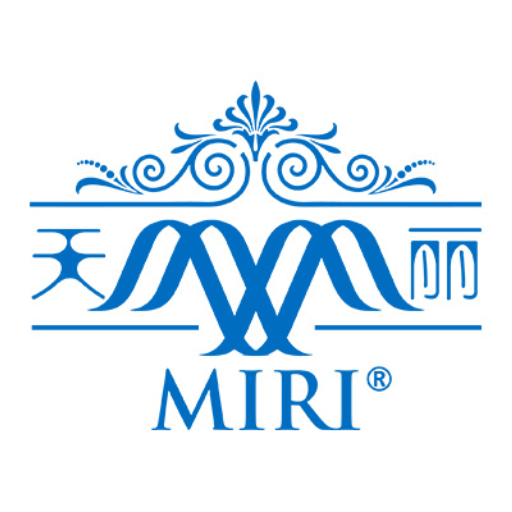Menopause and Bone Health: Strengthening Your Foundation Naturally
As women transition through menopause, bone health often becomes a major concern. The hormonal changes during this time, particularly the drop in estrogen levels, can lead to a decrease in bone density. Understanding how to support your bones naturally can help you maintain strength, prevent fractures, and enjoy an active lifestyle throughout your menopausal years and beyond.
Why Menopause Affects Bone Health
Estrogen plays a crucial role in maintaining bone density by slowing down the natural breakdown of bone. During menopause, when estrogen levels decline, bone loss accelerates. Studies show that women can lose up to 20% of their bone density in the 5-7 years following menopause, increasing the risk of osteoporosis and fractures.
This bone loss often happens silently, with no obvious symptoms until a fracture occurs. That’s why proactive bone care during menopause is so important. For more on understanding hormonal changes during this transition, read our article on Understanding Menopause: A Natural Transition with Empowered Choices.
Key Nutrients for Menopausal Bone Health
Several nutrients work together to support bone health:
1. Calcium
The building block of bones, calcium requirements increase after age 50. While dairy is a common source, many plant-based options like leafy greens, almonds, and fortified foods provide excellent calcium too.
2. Vitamin D
Essential for calcium absorption, vitamin D can be obtained through sunlight exposure and foods like fatty fish, egg yolks, and fortified products. Many women benefit from supplementation, especially in winter months.
3. Magnesium
This mineral helps convert vitamin D into its active form and supports bone density. Find it in nuts, seeds, whole grains, and leafy greens.
4. Vitamin K2
Often overlooked, vitamin K2 directs calcium to bones rather than arteries. Natto, cheese, and egg yolks are good sources.
For comprehensive nutritional support, consider Miri Feminine Essence, which combines bone-supporting herbs with other menopause-supporting nutrients.
Exercise for Stronger Bones
Physical activity is just as important as nutrition for maintaining bone health:
Weight-bearing exercises: Walking, dancing, tennis, and stair climbing help maintain bone density by stimulating bone formation.
Strength training: Lifting weights or using resistance bands at least twice a week strengthens bones as well as muscles.
Balance exercises: Yoga and tai chi improve coordination and balance, reducing fall risk.
Our article on Menopause and Energy Levels offers additional tips for staying active during this transition.
Lifestyle Factors That Impact Bone Health
Several daily habits can either support or undermine your bone health:
The bone boosters:
- Maintaining a healthy weight
- Limiting alcohol to 1 drink per day
- Quitting smoking (smoking accelerates bone loss)
- Managing stress through meditation or mindfulness
The bone drainers:
- Excessive salt intake (increases calcium excretion)
- High caffeine consumption (more than 3 cups of coffee daily)
- Sedentary lifestyle
- Chronic stress
Natural Support for Bone Health
In addition to a bone-healthy diet and exercise, certain natural supplements can provide targeted support:
Collagen: As the main structural protein in bones, collagen supplementation may help maintain bone density. Miri Collagen Protein provides a concentrated source of marine collagen peptides that are easily absorbed.
Phytoestrogens: Plant compounds that mimic estrogen’s bone-protective effects. Soy isoflavones, found in foods like tofu and tempeh, are particularly beneficial.
Herbal allies: Traditional herbs like horsetail, red clover, and black cohosh have been used to support bone health during menopause.
For more natural approaches to menopause wellness, explore our guide on Menopause Wellness: Holistic Strategies for a Balanced Transition.
When to Seek Professional Advice
While natural approaches form a strong foundation, it’s important to:
- Get a bone density scan (DEXA) if you’re at risk for osteoporosis
- Consult your healthcare provider about supplements and medications
- Address underlying conditions that may affect bone health (like thyroid disorders)
Remember, bone health is a lifelong journey. The choices you make during menopause will significantly impact your skeletal strength in later years. By combining nutrition, exercise, and natural support, you can build and maintain strong bones to carry you confidently through this transition and beyond.
